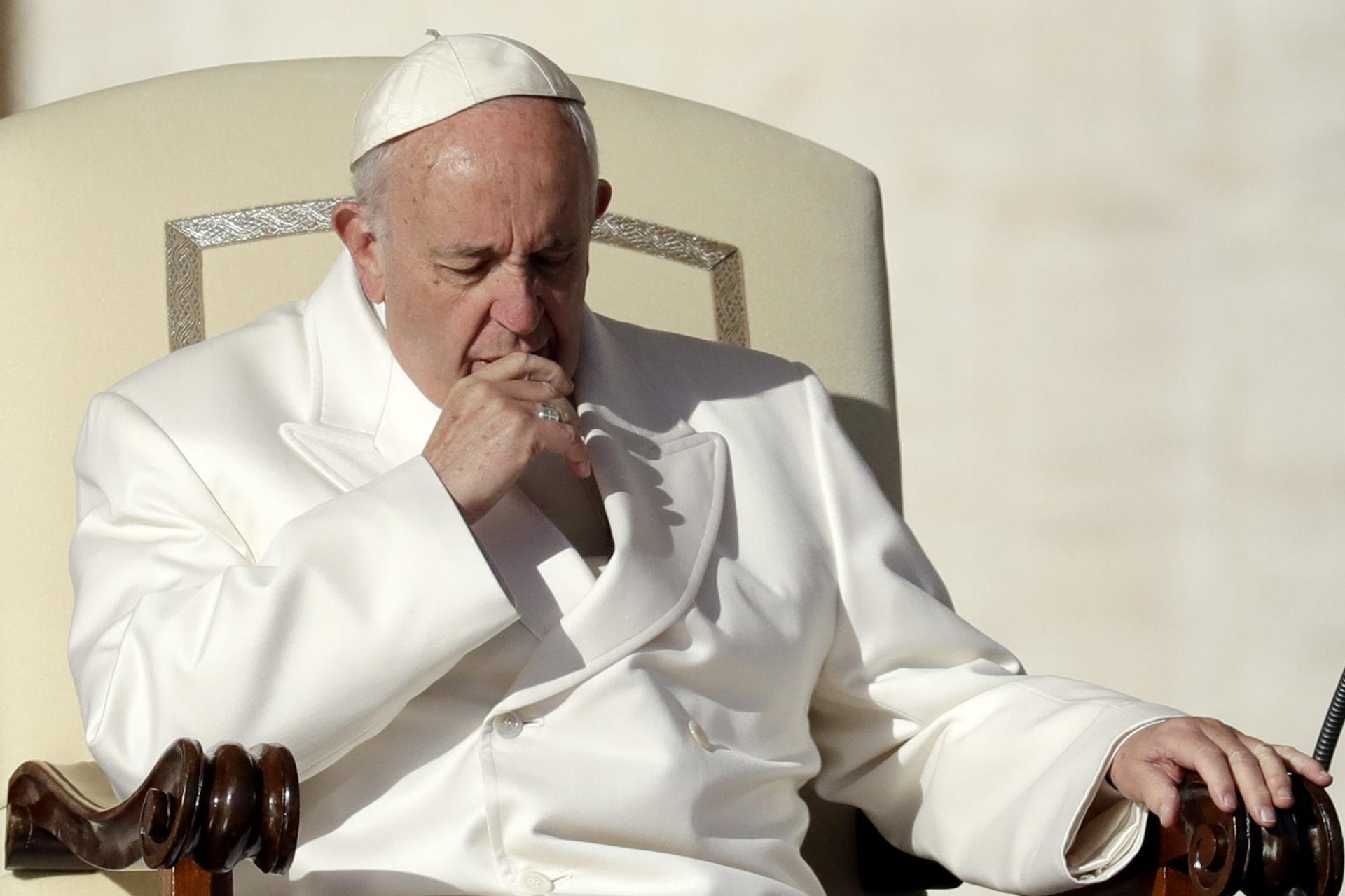Giving hope to mankind is a service the Church can offer to battle the growing trend towards accepting euthanasia, Pope Francis said on Friday.
The pope was speaking to members of the Vatican’s Congregation for the Doctrine of the Faith, which has been discussing how the Church handles issues on how to accompany terminally ill patients.
Francis said the process of secularization, “by rendering absolute the concepts of self-determination and autonomy,” has caused a growing demand for euthanasia in many countries “as an ideological affirmation of man’s will to power over life.”
He said this has even led to people considering the option of euthanasia as a “civilized” choice, adding this is due to life being valued only for its “efficiency and productivity,” as opposed for its inherent dignity.
“In this scenario it must be reiterated that human life, from conception to its natural end, has a dignity that makes it intangible,” Francis said.
“Pain, suffering, the meaning of life and death are realities that contemporary mentality struggles to face with a look full of hope,” the pope continued. “And yet, without a trustworthy hope to help him confront pain and death, man cannot live well and maintain a confident perspective before his future. This is one of the services that the Church is called to make to the contemporary man.”
He said to achieve this, the ministers of the Church must put on a “pastoral face.”
“Authentic pastors are those who do not abandon man to himself, nor leave him in the grip of his disorientation and his errors, but with truth and mercy bring him back to find his true face in goodness,” Francis said.
“Therefore, every action aimed at taking the man by the hand, when he has lost the sense of his dignity and his destiny, to lead him trustfully to rediscover the loving paternity of God, his good destiny and the ways to build a more humane world, is authentically pastoral. This is the great task that awaits your Congregation and every other pastoral institution of the Church,” the pope said.
The Congregation for the Doctrine of the Faith, led by Spanish Jesuit Archbishop Luis Ladaria Ferrer, is the chief doctrinal watchdog for the Vatican. It is also in charge of cases of clerical sexual abuse, and certain marriage dissolution cases reserved to the papacy.
Francis called their mission “delicate,” and noted their “daily commitment in support of the teaching of the bishops, in the protection of the righteous faith and the holiness of the Sacraments, and in all the various issues that today require important pastoral discernment.”
“All these tasks are even more current when faced with the horizon, ever more fluid and changeable, which characterizes the self-understanding of the man of today and which has a significant influence on his existential and ethical choices. The man of today no longer knows who he is and, therefore, struggles to recognize how to act well,” the pope said.
“In this sense, your Congregation’s task in recalling the transcendent vocation of man and the indivisible connection of his reason to truth and good, introduced by faith in Jesus Christ, appears decisive,” he continued. “There is nothing like the opening of reason to the light that comes from God to help man know himself and God’s plan for the world.”
Francis has constantly spoken against legalized euthanasia, and last November said it was “always wrong” when speaking to the World Medical Association, and in 2016 said doctors should not “hide behind alleged compassion to justify killing a patient.”














